Albert Pierpoint - the Last Executioner of the Empire
By Pictolic https://pictolic.com/article/albert-pierpoint-the-last-executioner-of-the-empire.htmlAlbert Pierpoint is said to have executed 433 men and 17 women, including 200 Nazi fiends who could hardly atone for their sins in this way. It was also rumored that he hanged his best friend and once refused to carry out the execution due to the lack of a coffin, showing respect for the condemned man, despite his crimes.
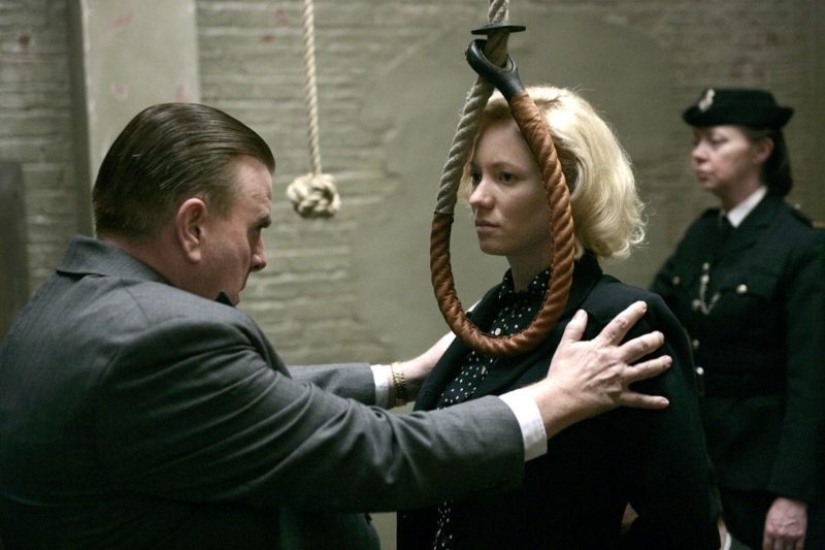
Albert Pierpoint's personality has become overgrown with beautiful and not very legends, which was greatly facilitated by the last executioner of the British Empire himself. Today it is difficult to say where the truth is and where the fiction is - most likely, we will never know all the secrets of this short, smiling man with a very difficult profession.

Albert Pierpoint was born in 1905 in Clayton, South Yorkshire, in the family of the professional royal executioner Henry Pierpoint. The executioner was also the boy's uncle, therefore, it is quite natural that in school essays on the topic "Who I will become when I grow up", the young Pierpoint openly confessed his love for the family business. Henry Pierpoint soon left his rare profession, but his brother Tom continued to earn a living by executions and devoted a lot of time to the theoretical part of the question.
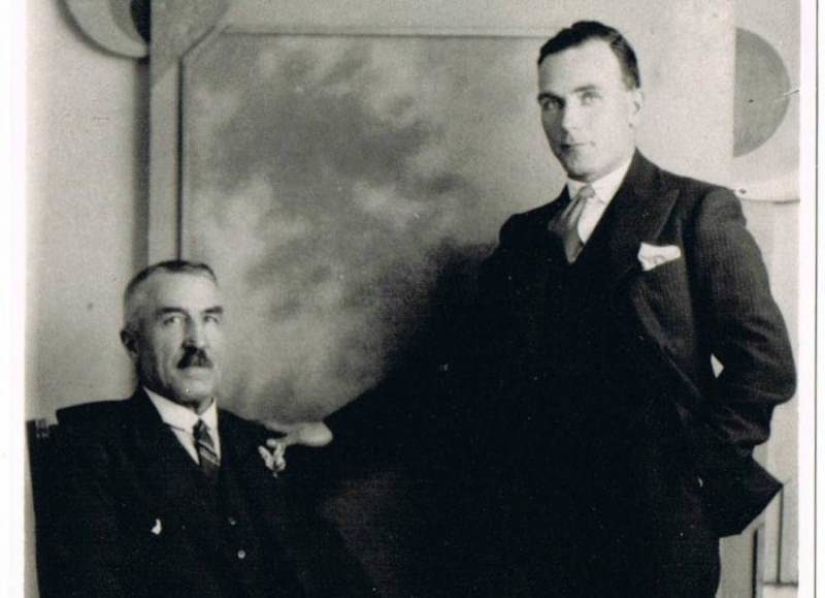
The future virtuoso of the scaffold was read by his uncle's work diary, where he described the executions in detail and analyzed the mistakes made in their process. Despite his interest in death, Albert did not immediately become an executioner. The young man managed to work in a factory, mastered the professions of a horse-drawn cab and a car driver, tried himself in commerce. Only at the age of 25, a young man who had not found himself in any sphere of human activity, wrote a petition to the Prison Commission and got a job as an assistant executioner in the Pentonville prison in London.
For the first time Albert Pierpoint assisted at the execution on December 29, 1932, and a year later, having been promoted to executioner, he hanged his first "client". In those days, the executioners worked on a free schedule, appearing at the workplace as needed and receiving piecework payment. This made it possible for Pierpoint to marry Annie, the owner of grocery stores, in one of which he spent time as a salesman in between executions.
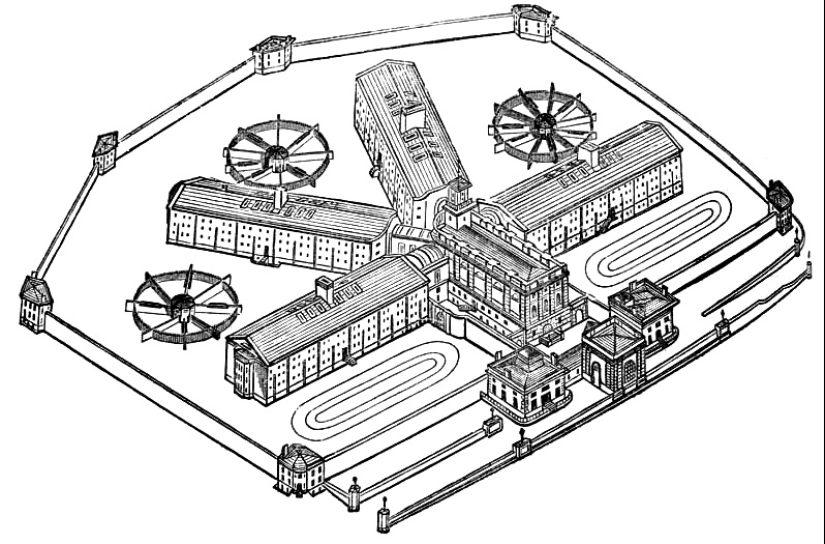
The spouse knew about the profession of a loved one, but was rarely interested in details. Meanwhile, Pierpoint took his favorite business very seriously. The day before the execution, he personally appeared to the condemned man and found out his exact weight and height. Albert needed this information in order to accurately calculate the length of the rope. Such an important nuance could affect the quality of work, because with too short a rope, a suicide bomber died of suffocation, for a long time and painfully, and too long killed instantly, but not aesthetically, often tearing off the corpse's head.
The opportunity to study the issue in practice allowed Albert to develop a table in the mid‑40s, which is used by gallows operators to this day. Pierpoint was a virtuoso of his craft - early in the morning, on the day of the execution, he went into the condemned man's cell and lightly touched him on the shoulder with the words "Everything will be fine, come with me." Albert was lying a little, because a few minutes after waking up, the criminal was already dangling in a noose.
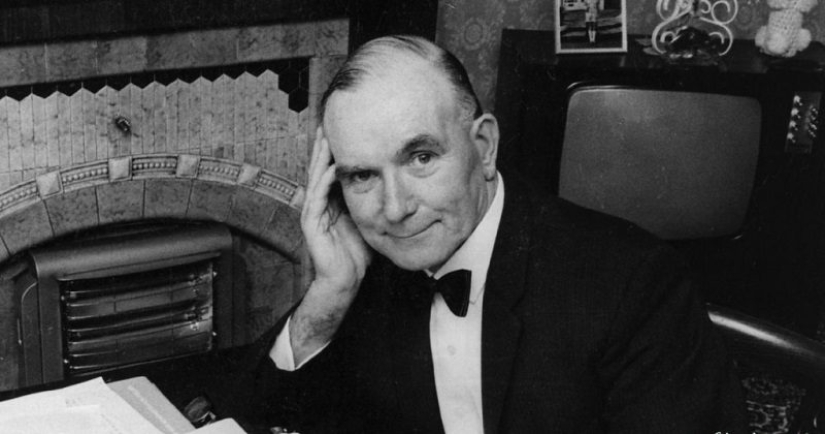
No one before Albert, and even more so after, could execute a person so quickly and efficiently. The executioner explained the speed of execution of the sentence by considerations of humanity — he did not want to cause unnecessary moral suffering to the prisoner. It was his high qualifications that caused the high trust that the Allies placed in Pierpoint after the end of World War II — it was Albert who had the honor to execute Nazi criminals sentenced to death in Nuremberg.
Business trips to Germany have become regular. In total, the executioner left for work 25 times, sending 200 condemned to the next world. Thanks to this responsible work, Pierpoint became famous, and he was revered almost as a national hero. His family's income also went up and, after selling both shops, the Pierpoints acquired a spacious pub on Manchester Road.
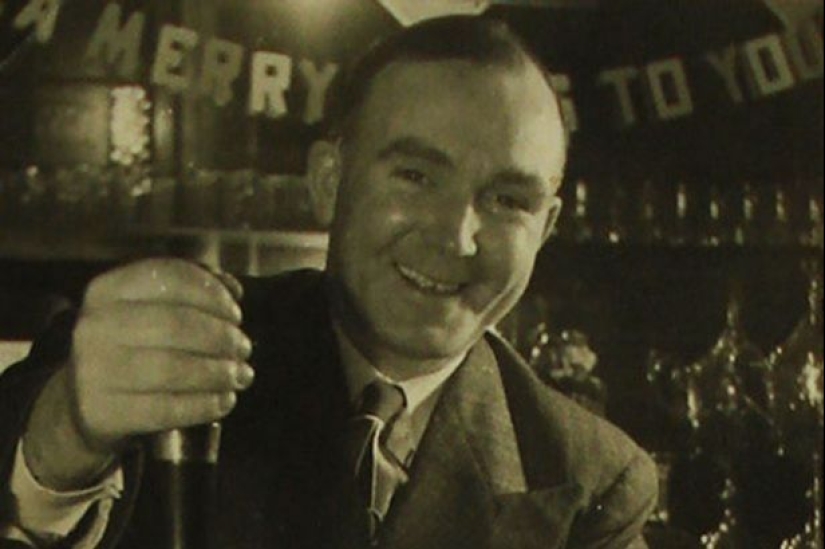
However, the profession of the executioner has had its costs for a long time — visitors only came to Albert and his wife's pub to stare at the hero, but business did not flourish from this. Having changed the place and name, the Pierpoints did not succeed and eventually abandoned this venture.
The last executioner of the British Empire retired in 1956, due to financial disagreements with the Ministry of the Interior. Pierpoint, who suffered from a star disease, was first forced to come to the execution in vain, which was postponed, and then also received a reduced fee. Obviously, the hangman's nerves were to hell, and he quarreled with his superiors and left the service. It is said that Albert was the only executioner in the history of England who was asked to return to work, but he was adamant.
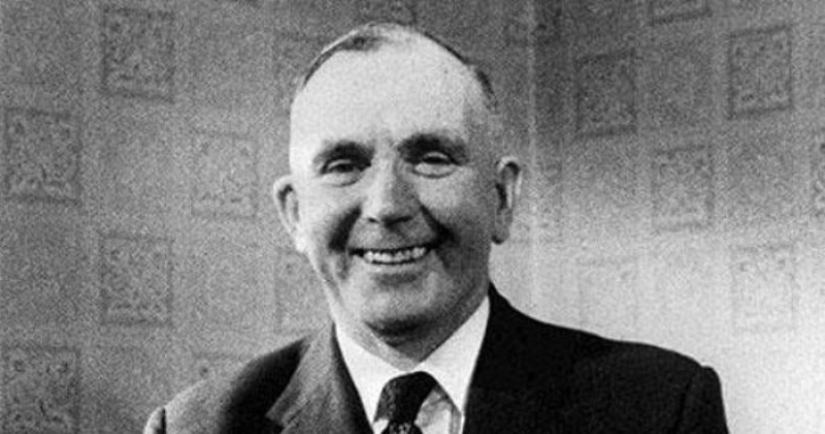
After his retirement, Pierpoint and his wife Annie continued their attempts to establish a grocery business, but the story is silent about their successes or failures. The couple spent the last years of their lives in Southport, where Annie first died, and then, in 1992, Albert himself. The virtuoso executioner spent the last 4 years of his life in a local nursing home, as he had no relatives who could brighten up his loneliness.
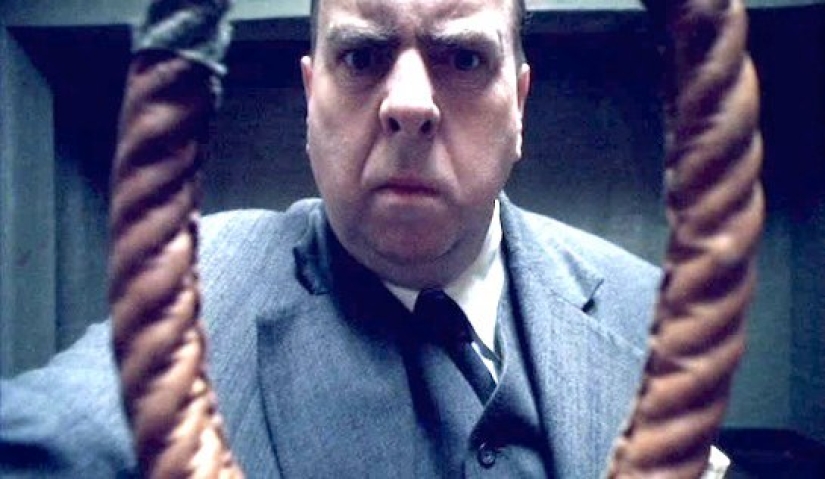
A biographical film "The Last Hangman" ("The last hangman") was made about Albert Pierpoint, which was released in 2006.
Recent articles

St. Petersburg artist Boris Groh (Groh Boris) paints a grim and mysterious creatures in the dark Russian streets. And they seem to ...

If you think that sleep disorders are a problem of a modern person, then you are deeply mistaken. Insomnia has tormented people at ...

The passion for adventure pushes people to act rashly. It’s good if in this way you get bruises and bumps, which turn into ...